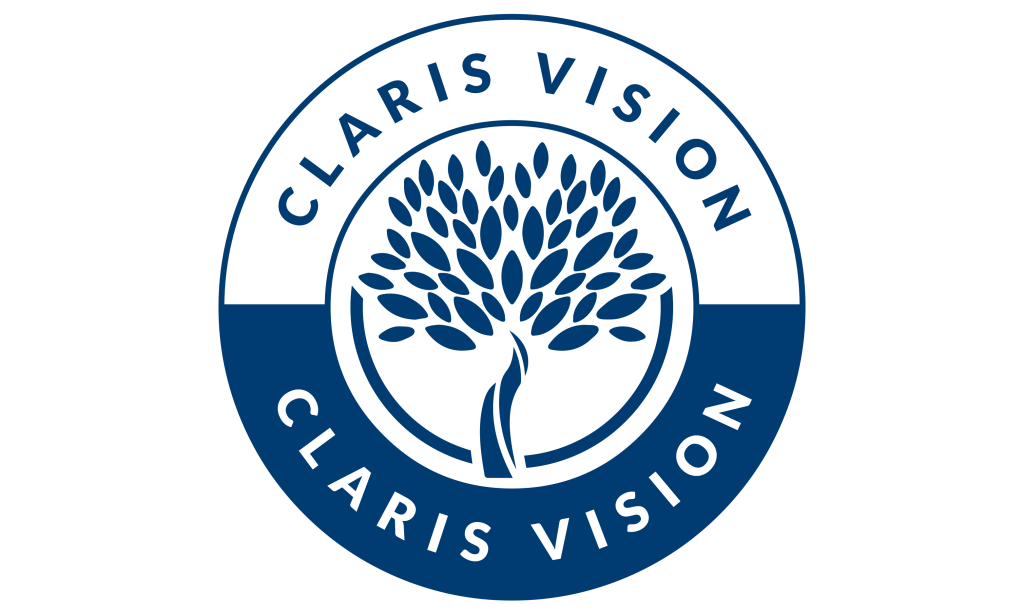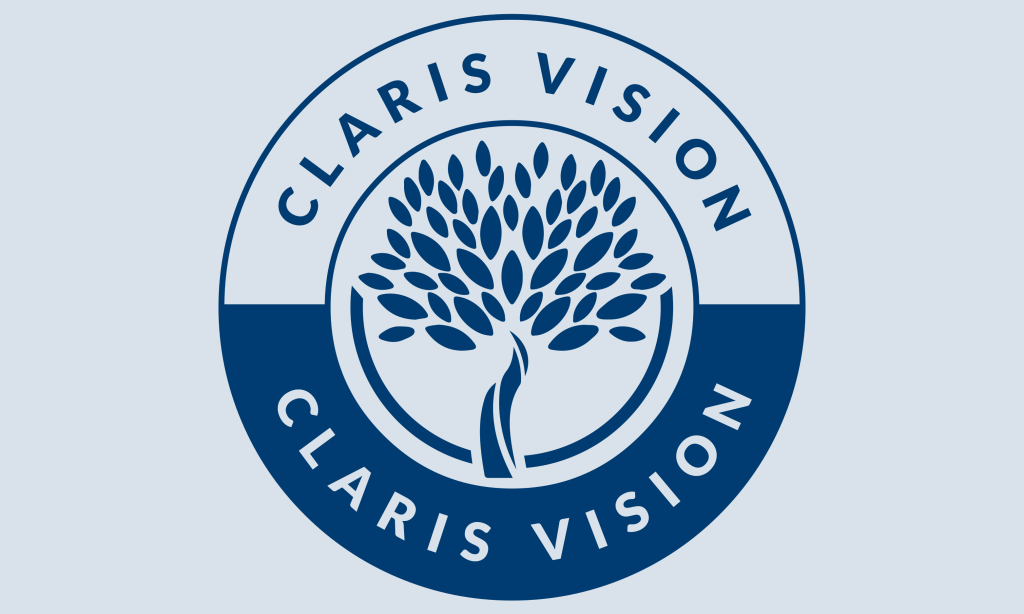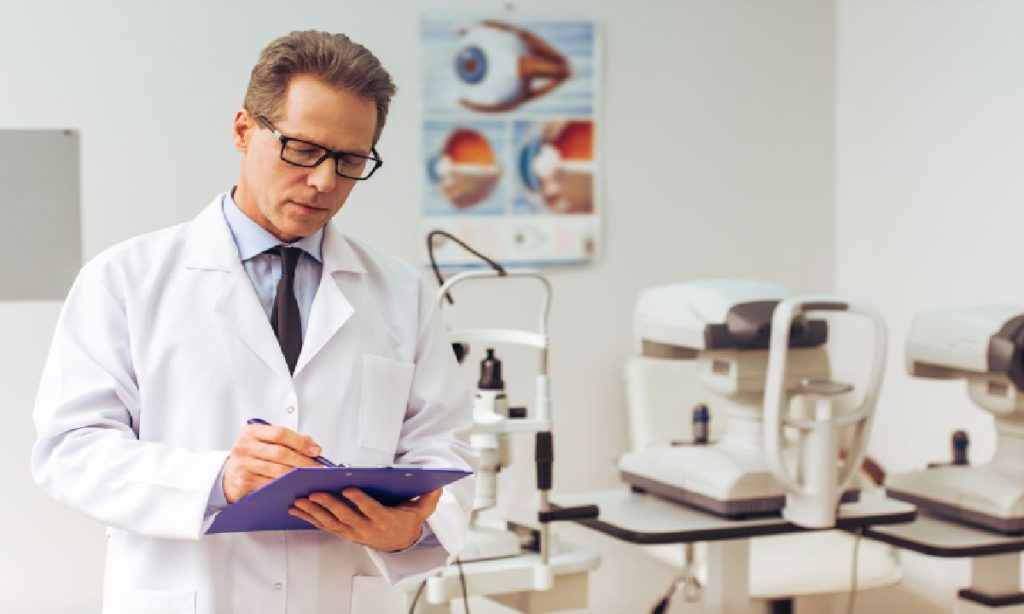What is a cataract?
The eye condition which gradually causes the lens, the structure behind the coloured part of our eye (the iris), to lose its transparency is called a cataract. The opacity of the lens does not allow light rays to pass through and reach the retina; in addition, it affects the quality of the light rays. Since less and poorer quality light stimuli reach the retina, the layer at the back of our eye that sends signals to the brain, a blurred image of what we see is created.
Why should you have cataract surgery?
- Nearly all patients who have cataract surgery experience an improvement in their vision.
- Cataract surgery is a refractive procedure, it is thus possible to improve other pre-existing refractive conditions, such as astigmatism, short-sightedness or long-sightedness.
- If you opt for a multifocal lens, you can improve both near and distance vision, greatly reducing or even eliminating the need for glasses. You can read more about the different types of lenses and their benefits on our refractive lens replacement page.
- Removal of a significant cataract leads not only to better vision but also to a better quality of life.
When should you have cataract surgery?
Surgery is the only available option to improve your vision once a cataract has developed. It is a myth that you have to wait for the cataract to become ‘ripe’ or reach an advanced stage. On the contrary, it is advisable to have surgery when cataracts are in their earlier stages as the surgery is safer. However, it is not necessary to have surgery if you feel that your eyesight is not affected.
If you are a driver, you should keep an eye on your vision. You should be able to see the standard number plate of a car 20 metres away from you; this is important for safety but also a legal requirement. Aris will consult you about the right time to undergo cataract surgery.
Is cataract surgery safe?
Yes. It is one of the most common and safest procedures in the UK and around the world. It is a relatively simple operation that only takes a maximum of 30 minutes.
As with any surgery there is the possibility that something might deviate from the original plan, but according to The National Ophthalmology Database Audit about 1 in 200 (0.51%) patients experience some loss of vision following cataract surgery.
Possible complications can develop during or after surgery, including:
- In about 1 in 300 operations, the capsule of the lens may rupture during surgery (posterior capsule tear), which may require further secondary surgery called vitrectomy.
- The most serious complication is infection (endophthalmitis). This occurs in less than 1 in 2000 cases. If between days 3- 5 following surgery your vision becomes increasingly blurred and the eye painful and red, please seek medical advice or attend your local eye emergency department. Endophthalmitis requires emergency antibiotic treatment.
- Other usually temporary complications include a rise in eye pressure, swelling of the retina (cystoid macular oedema) in less than 1 in 100 cases and swelling of the cornea (corneal oedema). These usually develop when pre-existing conditions, such as glaucoma or Fuchs endothelial dystrophy, are present.
- Occasionally, the new artificial intraocular lens may result in some visual phenomena such as glare, haloes or shadow effect (called dysphotopsia). These tend to improve or resolve completely over the first 6 months.
Is cataract surgery a painful procedure?
No. A local anaesthetic is applied before the surgery starts. This means that you are awake during the procedure, but feel no pain. You might experience some pressure sensation in the eye area but it is not sharpness or pain.
It should be noted that local anaesthesia is preferred to general anaesthesia. With local anaesthesia you will be in and out of the hospital much quicker; in addition you avoid the potential side effects of general anaesthesia some of which can be fatal.
What happens during cataract surgery?
Step 1:
Local anaesthesia and antiseptic drops are applied. Anaesthesia is applied, either as an injection around the eye or more commonly as eye drops.
Step 2:
A small entry (incision) is made to the eye. It is usually less than 3mm in width.
Step 3:
An instrument as small as the tip of a pen is inserted into the incision.
Step 4:
The instrument breaks up the cataract. Then, all the tiny pieces are removed from the eye through the same instrument.
Step 5:
Once all the broken down cataract fragments are extracted, the new replacement lens (known as IOL) is carefully inserted through the initial incision.
Step 6:
The IOL takes its place, right where the natural lens used to be.
Step 7:
The wounds are checked to make sure they are secure. In most cases there is no need for stitches.
Step 8:
Antibiotic is instilled into the eye. The operation is complete.
What is the recovery like after cataract surgery?
Once you have had your surgery and feel comfortable and happy, you can go home. The team will give you instructions on how to take care of your eyes.
You will be given topical antibiotic and topical anti-inflammatory drops to use following surgery. The antibiotic drop is usually chloramphenicol, levofloxacin or ofloxacin. The anti-inflammatory drops are usually dexamethasone (Maxidex) and Acular or Yellox. It is very important that you take the drops regularly as they help prevent infection and inflammation following surgery.
The first two days, your eye may be slightly scratchy, but you will not be in pain. Your vision will be blurred for the first 24-48 hours, due to the surgery and a large pupil. It should then start to improve over the next few days. You may notice that the eye is slightly sensitive to bright lights. Wearing dark glasses may help with this sensitivity and glare.
For the first week, you should not get your eye wet. You will also have to use eye drops for one month.
If you have not had a multifocal lens (IOL), you may want to buy a pair of “off the shelf” reading glasses in order to help with reading and near work.
When can I drive after cataract surgery?
This is a difficult question to answer as everyone settles at a slightly different pace. As a general rule, in order to drive you should be able to see the standard car number plate at a distance of 20 metres with both eyes open; we would advise waiting 2-3 days after surgery to allow for any discomfort, watering and sensitivity to light to settle.
It will also depend on other factors, such as whether you have already had cataract surgery to the other eye, whether there is cataract in the other eye or whether there is a significant ‘refractive imbalance’ between your 2 eyes.
We recommend waiting about 6 weeks before attending your optician for updating your glasses. However, if you do not feel safe to drive and you do need to drive sooner, you can have glasses sooner than the recommended 6 weeks; but you may need to update them at a later date for a more definitive pair.
If you would like to learn more about cataracts, you can find more information on our cataract pages. If you are interested in booking an appointment, you could complete the form on our contact page. You could also call 02381 812281.



